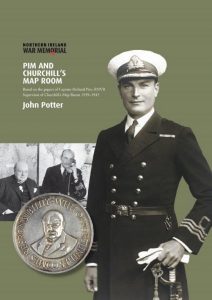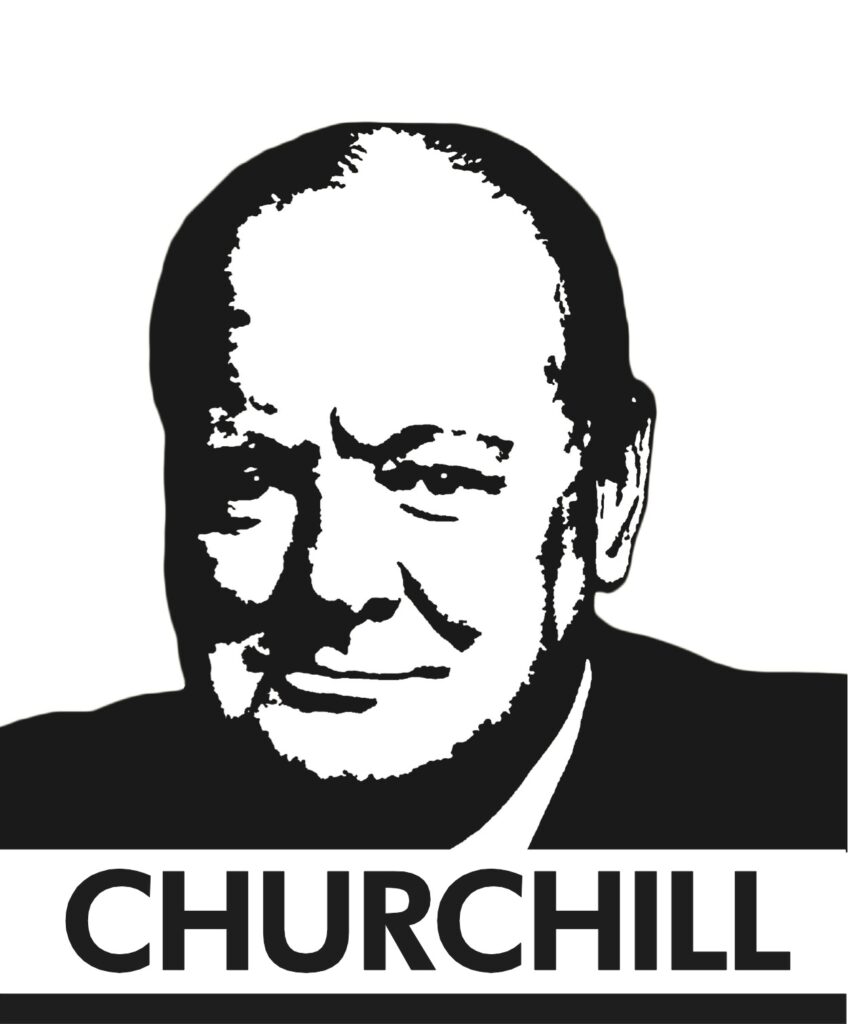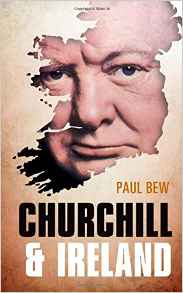
Finest Hour 197
From the Editor – Churchill and Ireland

May 3, 2023
Finest Hour 197, Third Quarter 2022
Page 04
David Freeman, July 2022
“It’s a long way to Tipperary, but a visit there is sometimes irresistible.” Thus Winston Churchill once wrote in preface to a description of his long and controversial involvement with the Emerald Isle. This issue is the third in our series studying Churchill’s relationship with each of the four regions that make up the United Kingdom. Uniquely, Ireland subdivided during Churchill’s career, and he had much to do with this.
In order to begin addressing the topic, we invited the distinguished historian Paul Bew, now Lord Bew of Donegore, to serve as co-editor of this issue. In his opening piece, Lord Bew places his own life experience as the Ulster-born son of a Belfast Protestant and a Cork Catholic in the context of Churchill’s involvement with and legacy in Ireland.
Michael McMenamin describes the influence that IrishAmerican politician Bourke Cockran had on Churchill’s gradual change of stance over Irish Home Rule, from staunch opponent to fierce advocate. When the objective of the Irish Parliamentary Party was frustrated, however, nationalists became radicalized under the leadership of Sinn Fein, resulting in the Anglo-Irish War of 1919– 21. Ronan McGreevy describes Churchill’s involvement in the settlement that followed in 1921–22. One of the promises made by the settlement was the creation of a Boundary Commission to make the final determination on the borders of partition. Cormac Moore explains what happened and how Churchill’s views evolved through the process.
At the very time that he was most deeply involved in Irish affairs, Churchill inherited a substantial estate in Northern Ireland. David Lough describes how this came about and how Churchill continued to benefit from his unlikely legacy until after the Second World War. Ireland once again became an important issue for Churchill during that war. With strong support from President Franklin Roosevelt, he hoped to induce the Irish government to allow access to its ports by ships of the Royal Navy. Karen Garner shows how and why Irish leader Eamon de Valera refused to comply and at what cost. Finally, Katherine Carter provides the backstory for our cover image by Belfast-born Sir John Lavery.
Subscribe
WANT MORE?
Get the Churchill Bulletin delivered to your inbox once a month.





